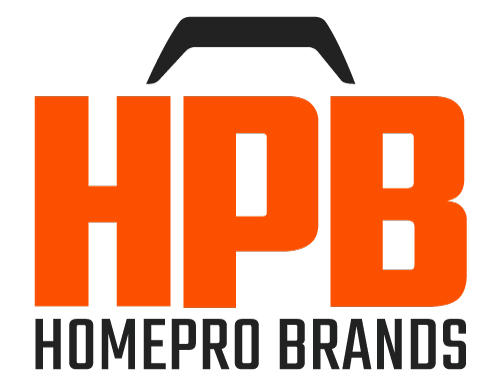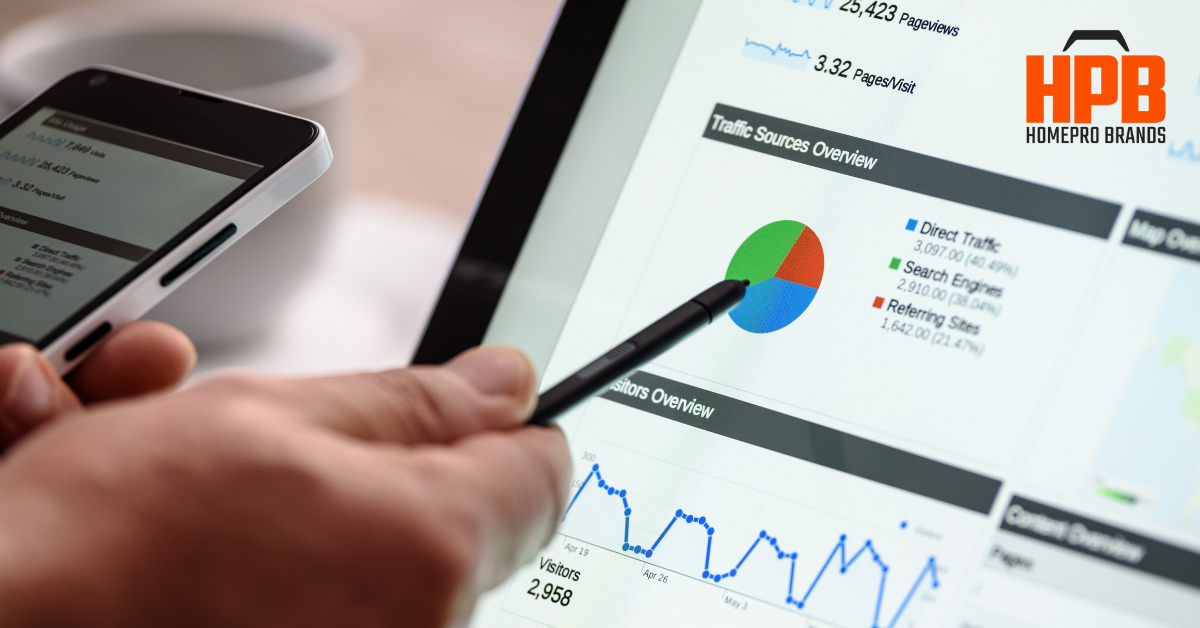
The Importance of CRM
What is CRM?
CRM stands for Customer Relationship Management. In simple terms, CRM is technology in the form of a system or tool that allows businesses to manage their relationships as well as their interactions with current customers or prospects. They can be used to help with numerous things that are sometimes overlooked, but work best in helping a business stay connected to their customers, having a streamline for processes, and in the long run improve on the businesses profitability.
Every business owner wants to see growth and success, a CRM supports this by their main purpose being to help improve your business’s relationships.
How does a CRM Work?
Now that you’re familiar with what CRM is, you’re probably wondering how it actually works. Depending on which CRM system you decide to use, the process will follow similarly to this:
Step 1: Collect information from the customer including website domain, social media channels, email, and any other important information. The CRM will then organize all of the data collected and generate a report of the company’s or individual’s complete records.
Step 2: Now that the CRM has an idea of who each customer or prospect is and their information, it can then manage specific activities, interactions, engagements, and more. In terms of marketing, this is useful because marketers can now engage their prospects with the right content at the right time through things like digital marketing campaigns.
Step 3: Once the CRM has done its job, it can now integrate with other business apps to help you further the customer relationship. These apps would include document signing, surveys, accounting, billing, and more. Connecting these other apps to your CRM helps give you a clearer picture of your customer or prospect and can help the customer relationship grow.
The Pros and Cons
Pros –
- Everything is integrated into one place – Data is easily accessible between users leading to employee productivity and proficiency
- A CRM is scalable – Fits any budget and is able to grow as the business grows. With this, the needs of the customer or prospect are done in an efficient manner
- Data access – Data can easily be accessed to track performance, progress, and results allowing changes to be made almost instantly
Cons –
- Record or data loss – If you’re utilizing a CRM that utilizes remote internet connections, there is a small chance that there could be an outage resulting in the loss of relevant customer details and data.
- Overhead cost – If your business decides to use a local CRM, there will be overhead costs associated with it. If not, the business would need to pay professionals including system administrators, software developers, and maintenance personnel that all keep the system running and operating smoothly.
- Eliminates the Need for Human Workers – There is some degree to the loss of human element in the company when using CRM applications. Companies losing too much of their “human touch” could result in customers drifting or not feeling as loyal and trustworthy to the brand.
Our Favorite CRM Systems to Use
Some of our favorite CRM systems to use include Hubspot, Leap, and Improveit360. We have worked with these systems in the past and recommend them to our clients interested. Overall, CRM’s are extremely important and can be very beneficial to your business and its relationship with current customers or potential customers.



